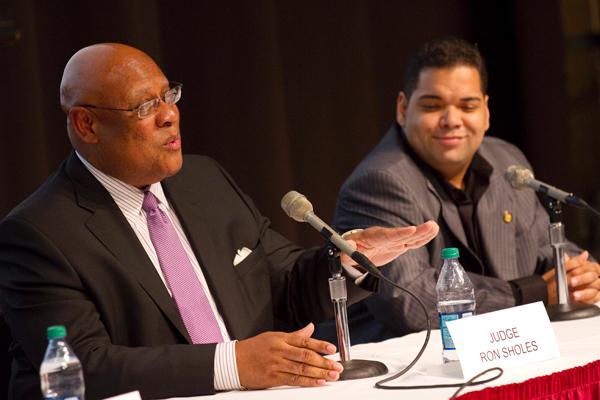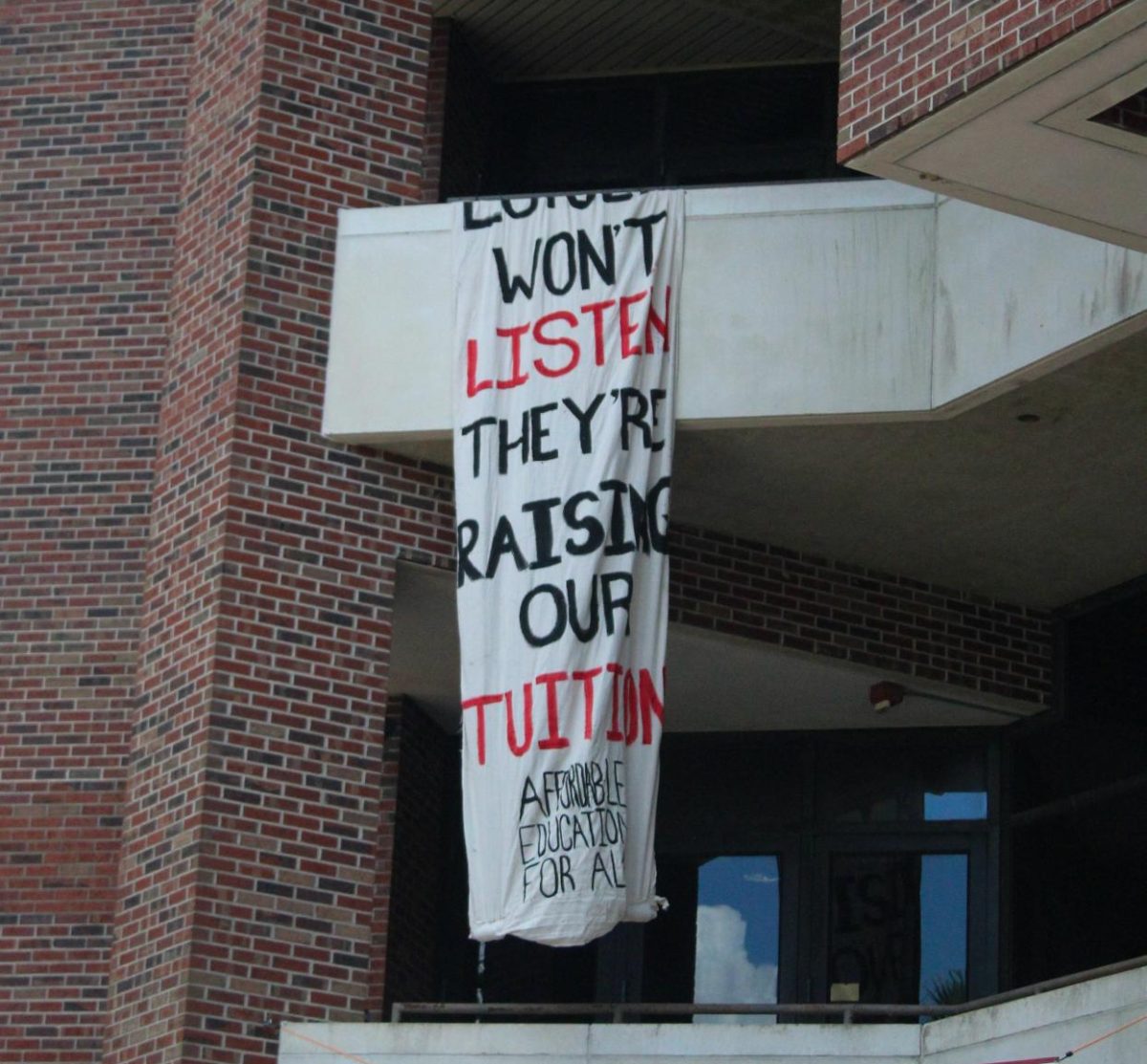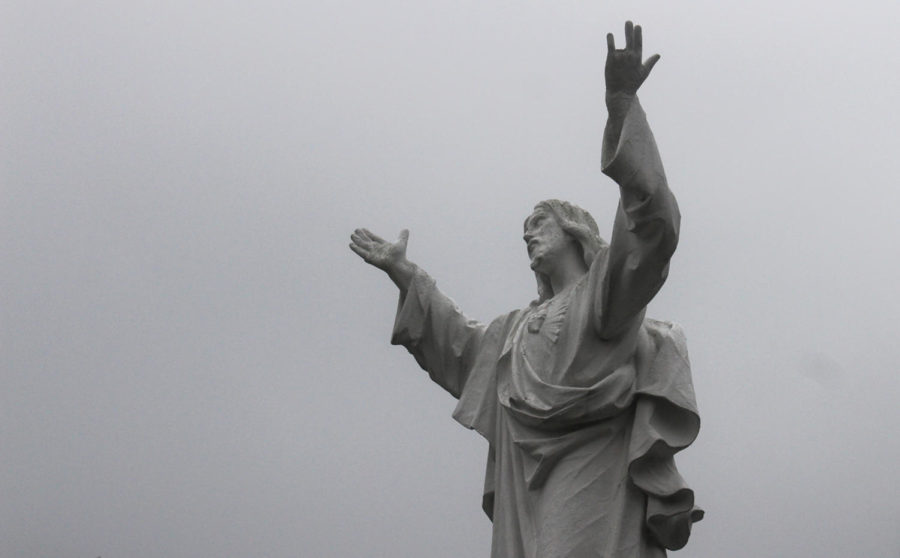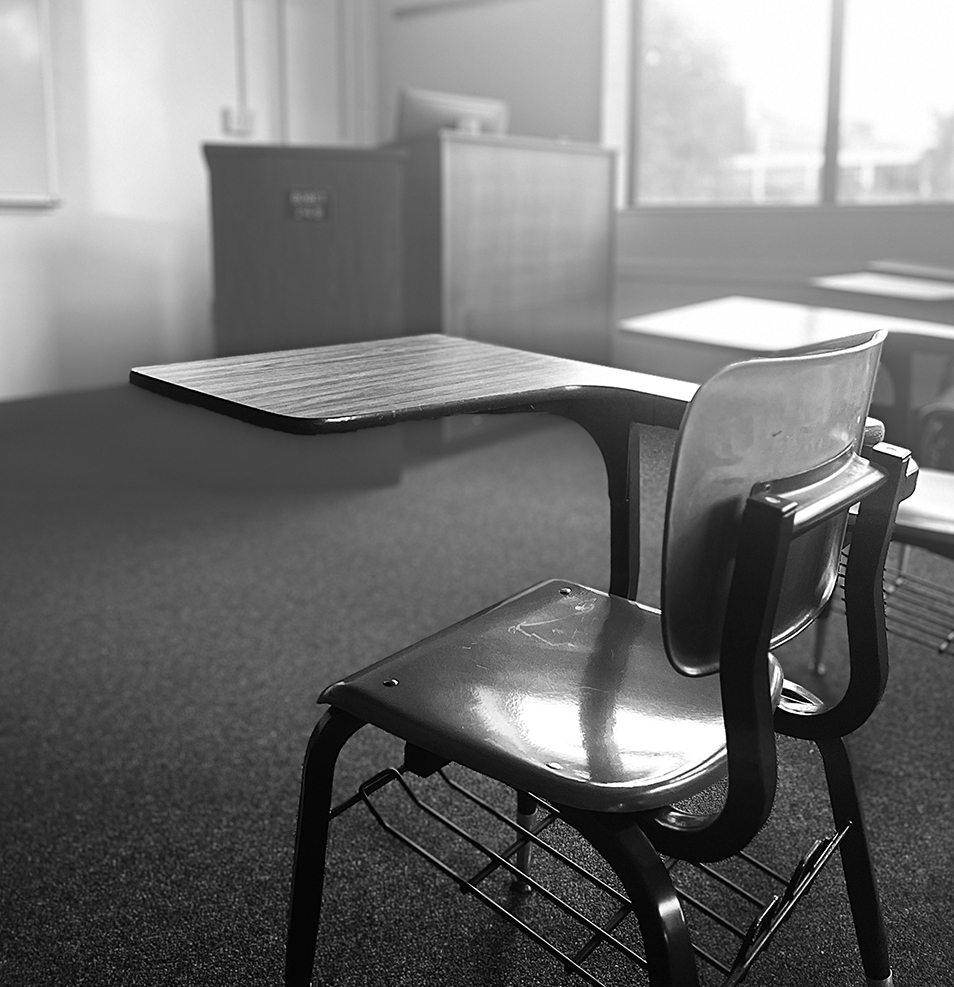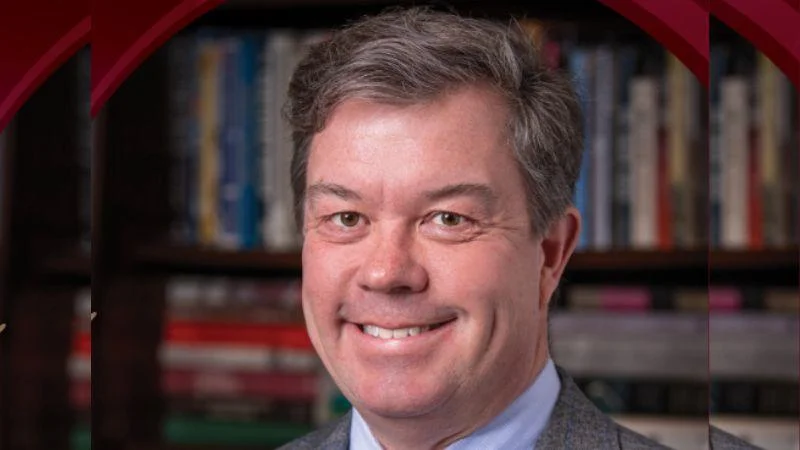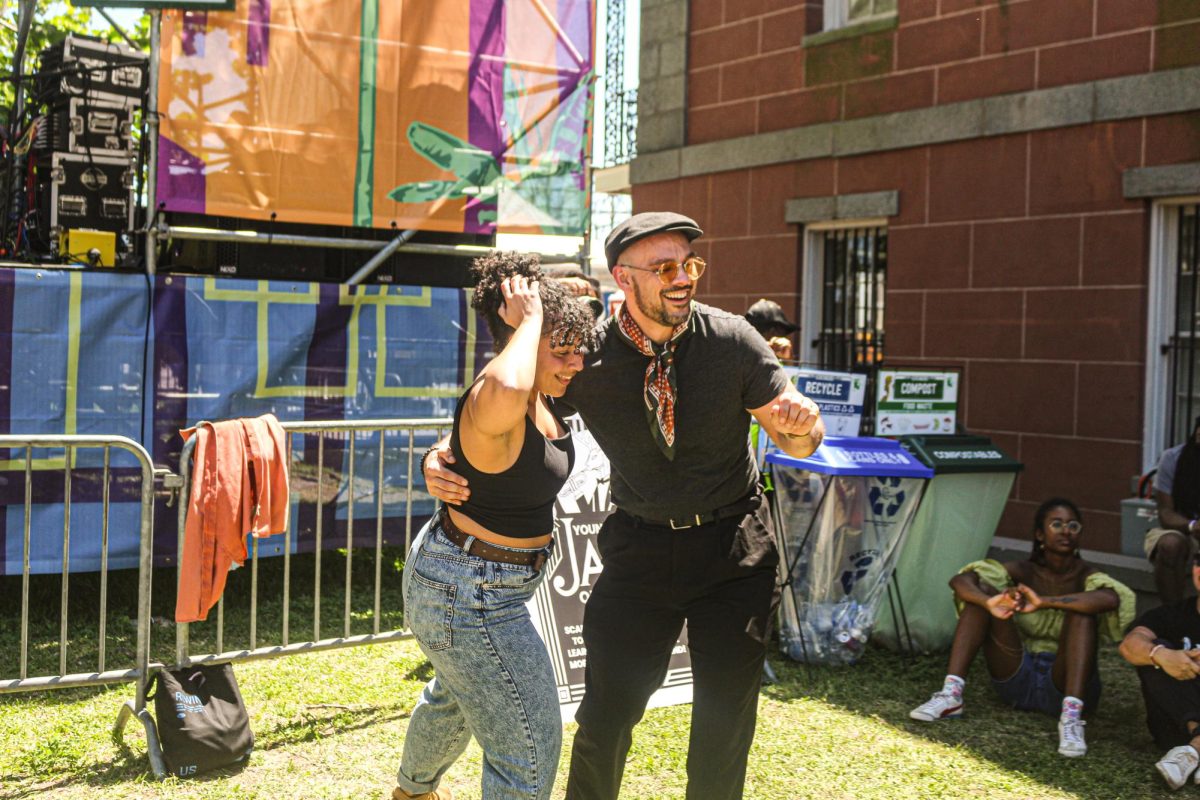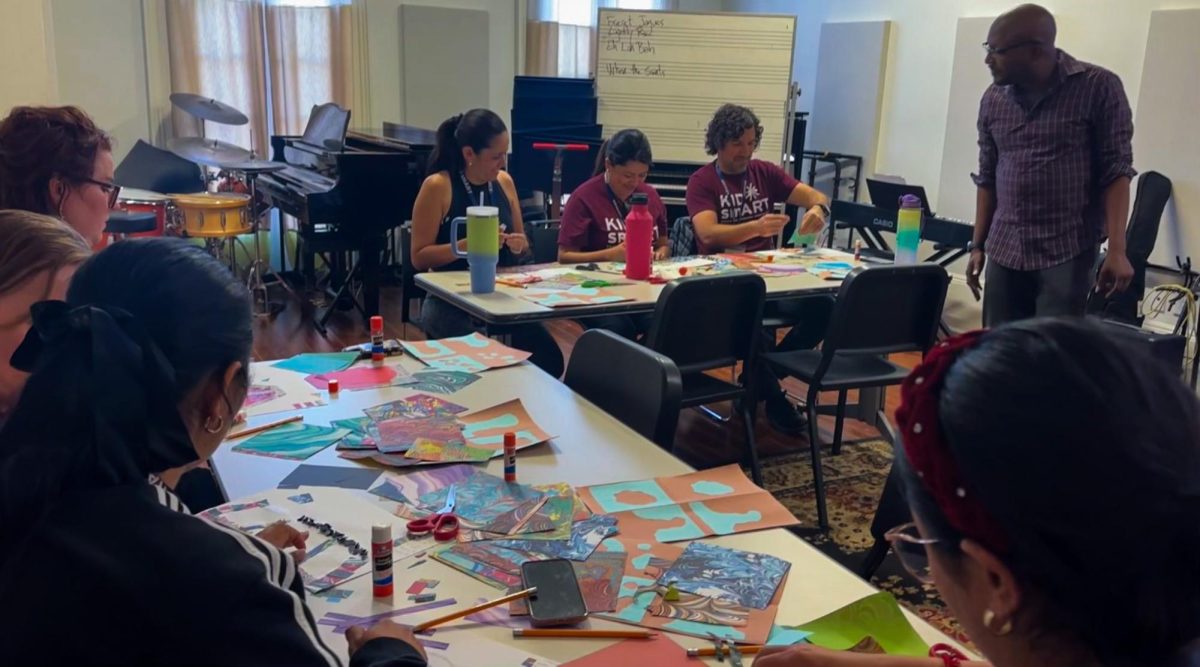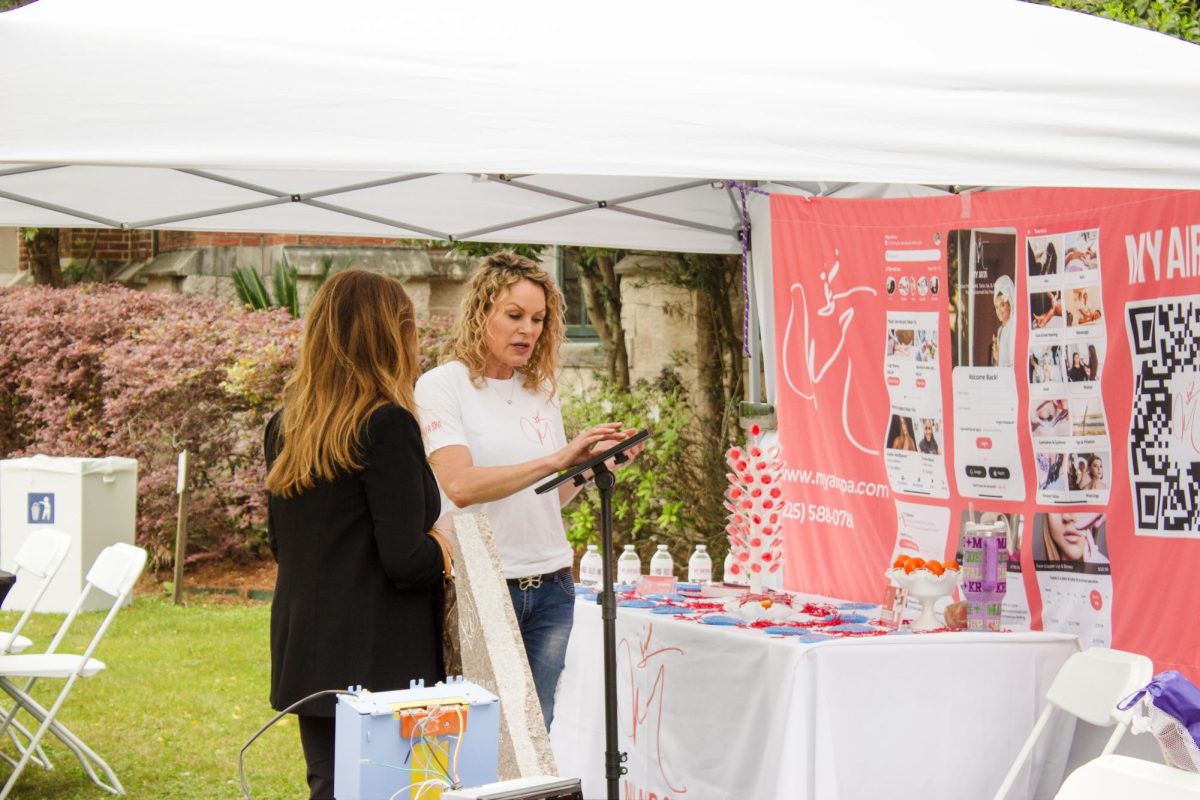Several New Orleans politicians spoke about the triumphs and failures of the city since Hurricane Katrina at a Loyola Town Hall meeting March 1, giving audience members an inside scoop into city politics, according to former state Rep. Juan Lafonta.
The State of the City forum was presented by the political science honor society, Pi Sigma Alpha, in Nunemaker Auditorium. In attendance were state Rep. Jared Brosset; Traffic Court Judge Ron Sholes, a Loyola Law graduate; State Sen. Ed Murray, a Loyola University and Loyola Law School graduate; and Lafonta.
Lafonta, whose former district includes part of the Bywater, Treme, French Quarter and Marigny neighborhoods, said a lot of things happened behind the scenes post-Katrina, which he felt were important to talk about now to better understand what happened then.
The forum shed light on many post-Katrina issues, including the Road Home program, the Recovery School District and the courts system, as well as the question of how to maintain the city’s cultural identity.
COURTS IN A BAD STATE
On the state of the court system, Judge Ron Sholes said, “Before we were in bad shape, and now we are in terrible shape, and the future, we just don’t know.”
“To say that we were ill prepared is an understatement,” Sholes said of Katrina. No one seemed to remember before the storm when “the court systems don’t function, a lot does not work well.” He spoke of lost evidence, missing people, and of people spending months in Angola prison for minor arrests because the system had broken down.
He said a big problem for the courts right now has to do with a lack of proper facilities. Developers and others in the city have suggested moving the entire court system to the old Charity Hospital building, but Sholes said disagreements between the city and major developers have stalled the idea.
NO ROAD HOME
Murray, whose district includes parts of Mid-City, the 7th ward, Treme, Gentilly and New Orleans East, spoke out strongly against the Road Home program, calling it a failure and saying it is the reason that there are still empty houses and families who have been unable to return. He said the government put so many hurdles in place in the name of stopping fraudulent claims that it was too hard for people to utilize the program.
The Recovery School District was another hot topic. Murray said that, while it is not what it ought to be, it is a model that will probably be around for some time. Murray called the school situation after the storm a “complete disaster” and is in favor of home-ruled, neighborhood public schools again.
LaFonta turned some of the criticism back on citizens, claiming that New Orleans has low public participation. Residents can’t expect the legislature to do anything if they don’t have the power of the people motivating them, he said.
CULTURAL BATTLE
Lafonta said one of the best conversations he had after the storm was with President Bill Clinton, who told him it was his job as a representative to make sure the city didn’t get taken away or gentrified. Clinton charged the representatives present with saving the culture, Lafonta said.
The politicians talked about the struggle to decide whether or not to have Mardi Gras and Jazz Fest after the storm. It was too important for the city, Murray said, and he called the decision to go ahead with the festivities the best decision the city made in 2006.
Roger White, a Loyola political science professor who attended the forum, said he believes Katrina may have irreversibly changed the culture of the city, but the question of how to preserve its cultural traditions and treasures is still very valid. “At the same time,” he said, “how do we move ahead?”
New Orleans has always been affected by divisions in race, class and social inequalities, White said. “I think that really came forward. And the wounds that have been inflicted by those sorts of divisions have certainly not healed, and I think that came across very, very powerfully during the forum.”
Jade Rouzan contributed to this article
J. Karin Curley can be reached at


